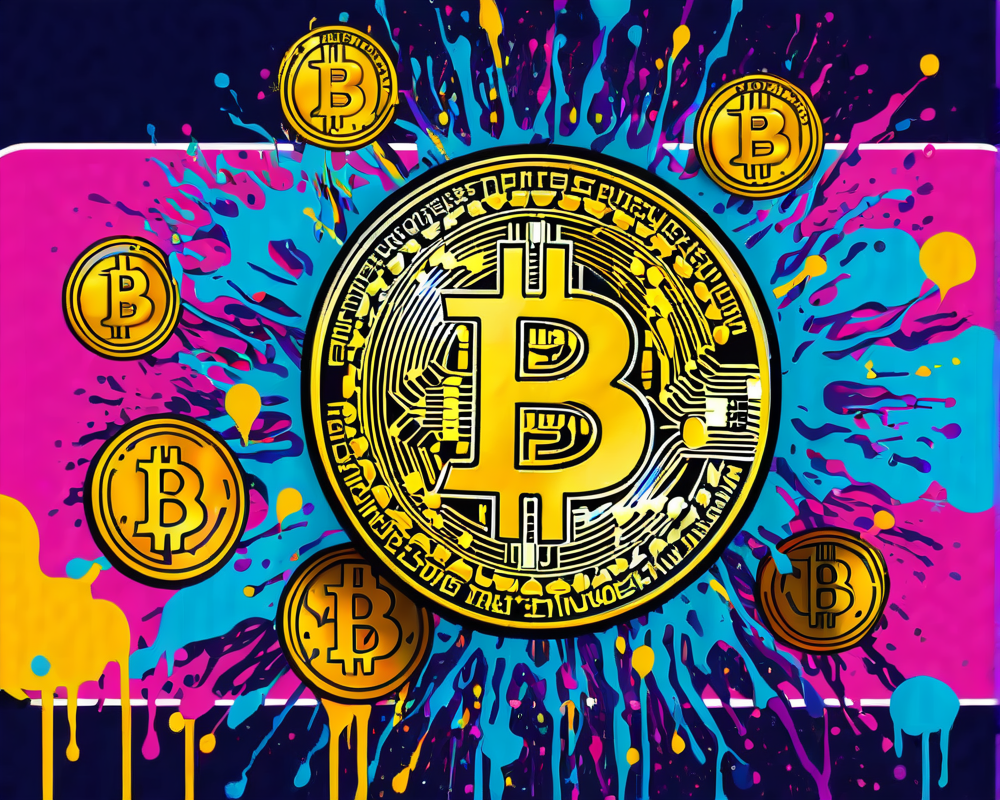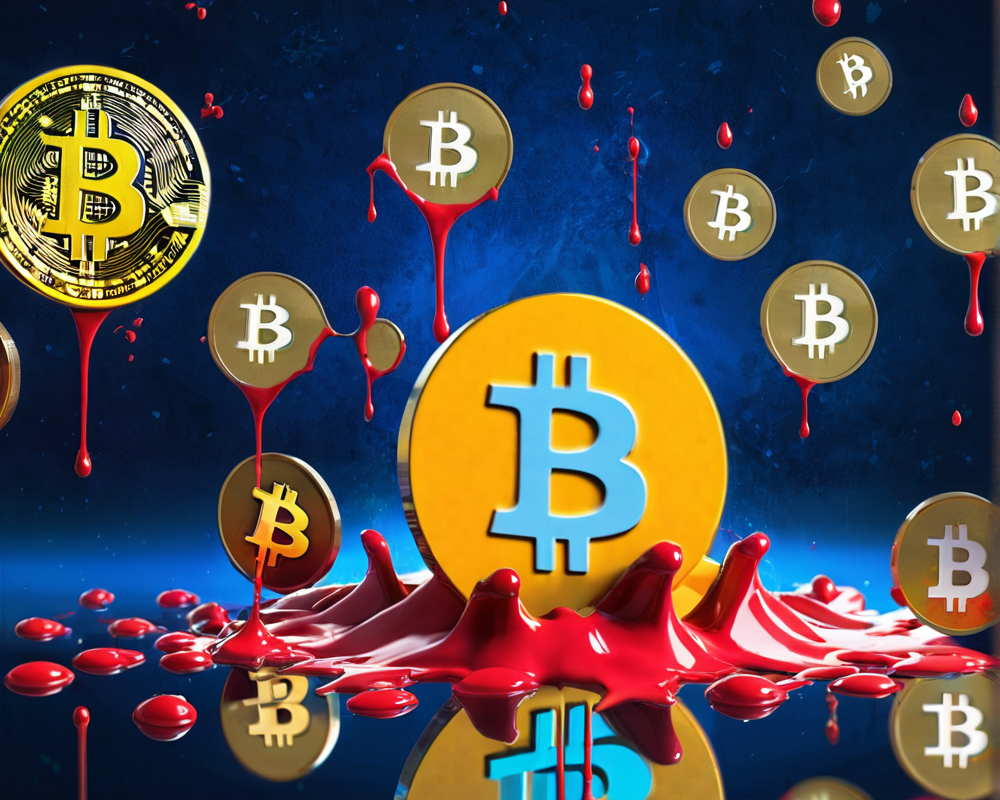The SEC’s Ongoing Concerns with Bitcoin Spot ETPs
Ah, the eternal dance between financial innovators and the regulatory hawks. For those keeping score, the SEC recently rejected another application for a Bitcoin spot exchange-traded product (ETP). Despite the persistent efforts by entities like Cboe BZX Exchange to get a Bitcoin ETP off the ground, the SEC continues to play hard to get. In a letter dated February 8, the SEC laid bare its two main complaints about the Fidelity Wise Origin Bitcoin Trust proposal, principally revolving around concerns of protection from fraud and market manipulation.
Cocktail of Concerns: Fraud and Manipulation
First up on the SEC’s complaint list? A lack of supporting data regarding how arbitrage between various Bitcoin platforms aids in keeping global Bitcoin prices aligned—fast. If you can’t prove it, the SEC isn’t buying it!
- Concern #1: No evidence was presented to suggest that prices on differing exchanges can be harmonized to prevent manipulation.
- Concern #2: The methodology behind the proposed ETP index calculation didn’t clearly show how it would be immune to fraudulent activities. They’re concerned about what happens if other platforms skew the Bitcoin prices.
In summary, the SEC is not just looking at your average Saturday night, but at the entire cocktail party where Bitcoin pricing is supposedly mingling.
Comparative Analysis: European ETPs vs. Bitcoin Spot Prices
To make sense of these SEC concerns, we’ll journey across the pond to Europe where Bitcoin ETPs live and breathe. By examining the historical prices of three European-listed ETPs against the Bitcoin spot prices from 18 exchanges, we’ll see if the SEC’s fears are justified or just overzealous.
- WisdomTree Bitcoin ETP (BTCW-USD)
- 21Shares Bitcoin ETP (SWX:ABTC-USD)
- Coinbase Physical BTC ETP (SWX:BITC-USD)
As we pore over this data, we see that price discrepancies emerge between the ETPs and Bitcoin’s spot prices, casting shadows over the SEC’s faith in a uniquely synced market.
Price Patterns: It’s Not Just Hot Air
In our numerical quest for truth, the analysis reveals that the correlation between the ETPs and Bitcoin spot prices isn’t perfect. Due to different trading hours and price calculation methods, the ETPs often see volatility that would give even the most seasoned roller coaster junkie a reason to clutch their stomachs.
- WisdomTree ETP: Correlation of 67%
- Coinbase Physical: 66% correlation
- 21Shares ETP: A slightly less-pleasing 62%
Let’s be honest, those numbers don’t scream harmony.
Spot Price Stability Across Exchanges
Now, before jumping to wild conclusions, let’s shift our gaze from ETPs to the actual Bitcoin trading venues. Surprisingly, the price discrepancies across 18 global exchanges highlight a robustly aligning market—with correlations climbing very close to 100%. This comes as good news considering that intraday price manipulation is as hard to pull off as a magic trick gone wrong!
The SEC’s Dilemma: To Approve or Not to Approve
In conclusion, the SEC has a valid case for its hesitance. The disparities in price suggest that the Bitcoin spot market is not as squeaky clean as it’s purported to be. So, until applicants can convince the regulators that the sophisticated methodologies proposed will effectively eliminate crooked acts, we might just be witnessing a long, drawn-out tango between innovation and regulation.
As the crypto world makes strides, investors are left wondering: when, oh when, will we see a Bitcoin spot ETP come to life in the U.S.?




